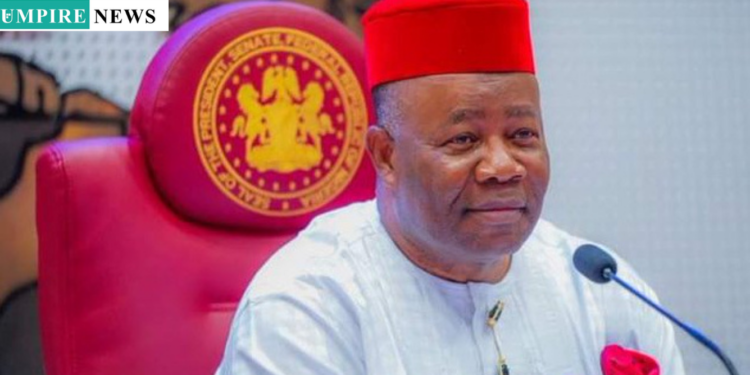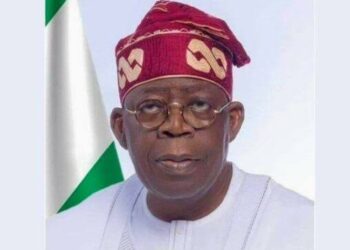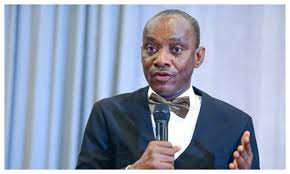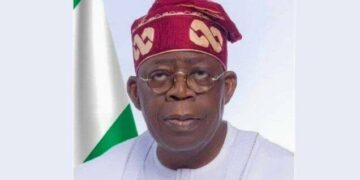The Nigerian Senate has halted further deliberation on the controversial tax reform bills currently before it. This decision came after growing public dissent and political resistance to the proposed reforms. The Deputy Senate President, Jibrin Barau, announced during a plenary session on Wednesday that the Senate has instructed the Finance Committee to suspend any ongoing public hearings related to the bills until the issues are resolved. A special committee has been formed to engage with the executive branch and work toward a consensus on the matter.
The tax reform bills in question include the Joint Revenue Board of Nigeria (Establishment) Bill, 2024; Nigeria Revenue Service (Establishment) Bill, 2024; and the Nigeria Tax Bill, 2024. These bills have sparked significant controversy, with northern governors opposing the reforms, citing concerns that they undermine democratic principles. The National Economic Council also recommended that the bills be withdrawn for further consultation and review.
In an interview, Senator Shehu Buba of Bauchi South revealed that northern senators are united in their opposition to the bills, particularly the proposed “derivation” formula for VAT distribution. According to Buba, the formula would unfairly disadvantage northern states, and thus the bills require thorough review by tax policy experts. Amid these disagreements, there has been growing pressure for more dialogue and revision of the proposed reforms.
Acknowledging the concerns raised, Deputy Senate President Barau emphasized the Senate’s role in ensuring national unity and stability. He stated that the Senate would work collaboratively with the executive to address contentious areas of the tax bills, setting aside regional and political differences. The aim, Barau explained, is to find a solution that benefits the entire country while tackling broader economic challenges.
The Senate’s decision to suspend the tax reform process comes as part of a broader effort to prevent further division and unrest. Barau noted that the Senate, in partnership with the executive branch and judiciary, will work to resolve all disagreements. The Attorney General of the Federation is expected to be involved in discussions, and the Senate Committee on Finance has been instructed to pause all actions on the bills until an agreement is reached.
































